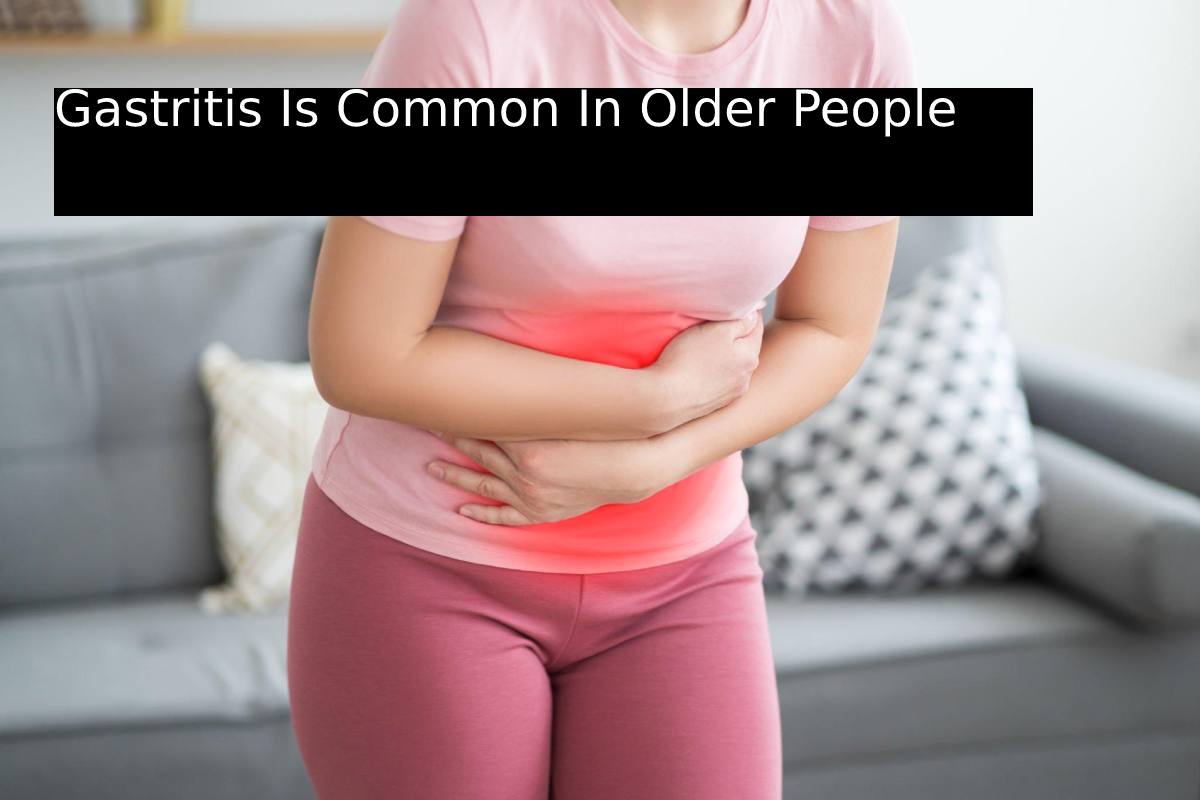Gastritis
STOMACH INFLAMMATION IS COMMONLY CAUSES BY BACTERIA
Inflammation of the gastric mucosa (gastritis) is very common in the western world. With age, more and more people are affects by gastritis. In particular, the type of gastric mucosal inflammation (type B gastritis) caused by the bacterium Helicobacter pylori is responsible for the occurrence of a chronic form in 90% of cases. Under unfavorable hygienic living conditions and in connection with contaminated water, children often show an infestation of the gastric mucosa. The incidence of chronic inflammation of the gastric mucosa is increasing sharply, especially in people over 50 years of age.
Acute and chronic form of gastritis
DISEASE OF GASMATIC MUCUS
In gastritis (inflammation of the stomach lining), the surface of the stomach lining is inflamed. Depending on the clinical course, a distinction is made between the acute and the chronic form.
Symptoms of gastric mucosal inflammation
Symptoms Of The Acute Form
loss of appetite
burping
nausea
To throw up
Feeling of pressure in the upper abdomen
Symptoms Of The Chronic Form
Chronic gastritis is often asymptomatic and otherwise has uncharacteristic symptoms similar to those of the acute form. In some cases, anemia is also present.
Acute gastritis can have many causes
Causes Of Acute Gastrima Inflammation
Acute gastritis is usually triggeres by pollutants that have an acute effect on the gastric mucosa. In addition, psychological factors are also among the possible triggers, because stress or shock often trigger an erosive inflammation of the gastric mucosa, in which many small superficial mucosal defects occur. These defects can cause bleeding.
Possible triggers of acute gastritis
Excessive alcohol consumption
Excessive nicotine consumption
food excesses
Frequent consumption of stomach-irritating foods such as spicy food, coffee
medicines, e.g. B. acetylsalicylic acid, diclofenac and other non-steroidal anti-inflammatory drugs
Infections, eg viruses, Helicobacter pylori
Food poisons, eg staphylococcal toxins
operations
bedridden
Competitive sports (runner’s abdomen)
burns
emphasize
shock
trauma
Chronic Gastritis Divides Into Three Forms
CAUSES OF CHRONIC GASTRIMA INFLAMMATION
Depending on the triggering factor, there are three different types of chronic gastritis.
Type A gastritis
Type A gastritis occurs mainly in the body of the stomach (corpus) and is an autoimmune gastritis. It is the rarest form of chronic gastritis. Proteins produce in the body (antibodies) are directed against the body‘s own tissue, which in this form attacks the cells of the gastric mucosa (parietal cells) that produce gastric acid. The antibodies also direct against another substance that the parietal cells produce, the intrinsic factor. This is necessary to absorb vitamin B12 in the small intestine. In addition to neurological deficits, a vitamin B 12 deficiency also causes a specific form of anemia (pernicious anemia).
Type gastritis B
Type B gastritis is one of the chronic forms of gastric mucosal inflammation and is the most common. It is caused by a bacterial infection with Helicobacter pylori, which colonizes the gastric mucosa. The back part of the stomach is particularly affected.
Type gastritis-C
This form of gastric mucosal inflammation refers to the chemically toxic gastric mucosal inflammation caused by medication or by bile flowing back from the small intestine. In most cases, the pylorus is affected locally.
diagnosis gastritis
Possible Diagnostic Methods
If an acute inflammation of the gastric mucosa is suspect, the diagnosis often results from the physical examination, when appropriate pressure applies with the hand on the sensitive upper abdomen.
In the case of chronic of the gastric mucosa, which often shows no symptoms, in addition to the optical examination of the gastric tissue using endoscopy (gastroscopy), small tissue samples (biopsy) can be taken, which examines for inflammation of the gastric mucosa.
In addition, various diagnostic methods can use to detect the bacterium Helicobacter pylori. As a rule, the bacterium detects in a rapid urease test. Breath tests or culturing bacteria from a tissue sample are less common for detection.
Treatment Depends On The Diagnosed Form Of Gastriti
THERAPY FOR ACUTE GASTRIX MUCOUSIA
Possible treatment for gastriti
eliminating the causes
Temporarily abstaining from food
Gentle diet, e.g. herbal teas made from chamomile, peppermint, mallow and rusks, oatmeal, dry baked goods
After symptoms subside, eat a light, whole-food diet for 1 to 2 days
give up coffee
abstinence from alcohol

